Before I had my first baby, I thought I knew all about breastfeeding. My mom did it, my aunties did it, my friends and cousins did it. Sure, it looked simple.
When my daughter was born, I knew just what to do. I had already informed the midwife that I planned on feeding her myself and needed to hold her as soon as she was born to establish a good start to our breastfeeding journey.
They handed over my little bundle and I attempted to latch her onto my breast. I attempted and attempted, and then attempted some more.
“She’s just tired from being born,” I was assured. “She’ll feed when she’s ready.”
But she didn’t. I tried to get her to latch for hours that day, to no avail. Finally, another midwife told me I would never be able to breastfeed because my “nipples were too small” (please note, this is not a thing; you can breastfeed successfully with even the smallest nipples). She said I should just give the poor, hungry pet a bottle and be done with it.
I was upset but I did what she said. I mean, she’s a midwife, so she is obviously an expert in breastfeeding.
I kept trying, anyway. I bought nipple shields to help her latch. I pumped around the clock. We combination fed, giving her one or two bottles a day and breastmilk the rest of the time. I felt like a total failure. I couldn’t believe I wasn’t able to feed my own baby.
After a few days, a lactation consultant came to my house and assured me I was doing just fine; that I didn’t actually have a problem – the latch would come. Then, I found my local Cuidíu breastfeeding group. The mother-to-mother support was just what I needed – I slowly became more confident and was eventually able to exclusively breastfeed my daughter.
Most importantly, I learned that for nearly every breastfeeding problem, there is a breastfeeding solution.
My daughter self-weaned at 16 months and I couldn’t believe how far we had come. I felt so proud but also angry with the HSE. If my midwife had been trained in breastfeeding, I wouldn’t have had any trouble.
Breastfeeding has become such a contentious topic in recent years. Ireland has the lowest rates of breastfeeding in the EU (just 35% of babies are breastfed by three months), and rural areas have much lower rates compared to their urban counterparts.
“Lactivism” is at an all-time high, with breastfeeding advocates throwing out boatloads of statistics to expectant mothers. The information is out there, so why aren’t more rural Irish women breastfeeding?
We can’t deny that “breast is best” for most babies – it’s science. Breastmilk is what your baby is designed to eat for, at least, the first six months of life. It is associated with fewer hospital stays within the first year of life. It is proven to fight infection. It does help with bonding, if (like me) it takes you a while to get into the nurturing aspect of motherhood.
It can also be really difficult without proper supports in place. It can hurt. If it’s your first baby, you might fumble around blindly, thinking you’re doing everything wrong. You’ll wonder exactly how much milk your baby is getting. The lure of being able to measure out an exact quantity of formula, however unnecessary, will be appealing.
With my following babies, breastfeeding came more easily. It’s not that they didn’t have similar issues – my second was very sleepy and didn’t latch, and my third was extremely colicky and fussed non-stop – but I was more confident (and I switched hospitals, just for the record). Confidence is key when it comes to breastfeeding, because you have to trust that you’re giving your baby enough milk to grow and thrive.
I believe in building up confidence, but I don’t believe in hardcore “lactivism”. Breastfeeding has worked for me and my lifestyle. But some women are firmly against breastfeeding from the beginning and that’s okay. Some will feel pushed into it and will stop as soon as they can. Some women physically can’t breastfeed due to low milk supply (though extremely rare) or medical or emotional issues. It’s not up to me to tell women what to do with their bodies – it’s their choice. Motherhood is difficult enough without feeling shamed for how you choose to feed your baby.
I think the best way to promote breastfeeding is to stop talking and just do it. Feed your baby in public. Make it normal.
Let’s stop throwing information in women’s faces and bombarding them with statistics without having the necessary supports in place. Let’s make sure midwives are trained in breastfeeding and maternity wards have constant access to lactation consultants. Let’s offer mammies-to-be our full support and guidance so they can make an educated choice on what feeding method will work best for their family.
After three babies in four years, I’ll admit I haven’t gotten much right, but I feel good about my breastfeeding journey. My hope is for every other mammy in rural Ireland to feel good about their journey, too. CL



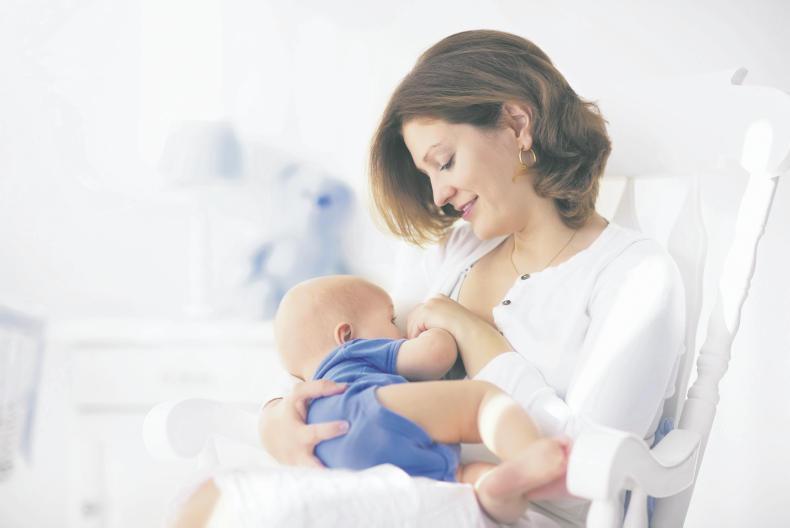

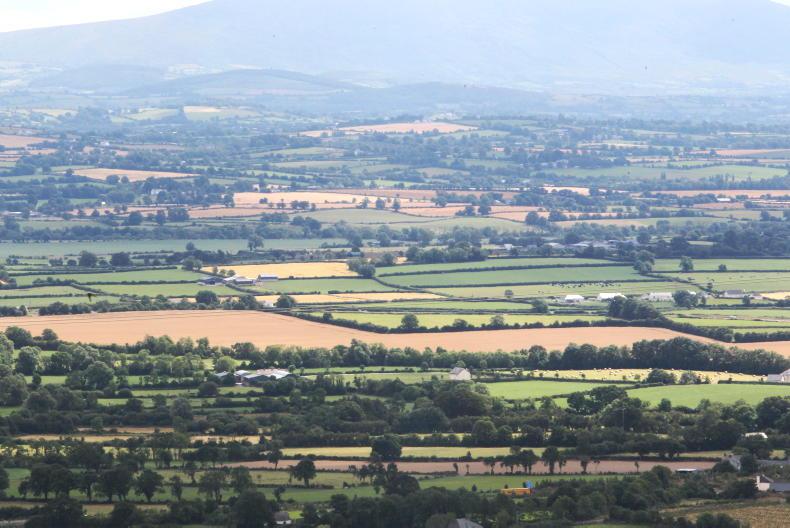
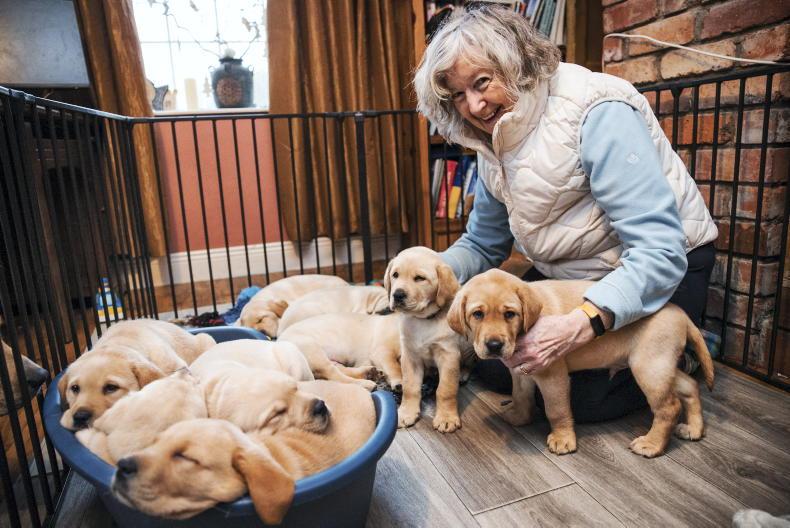
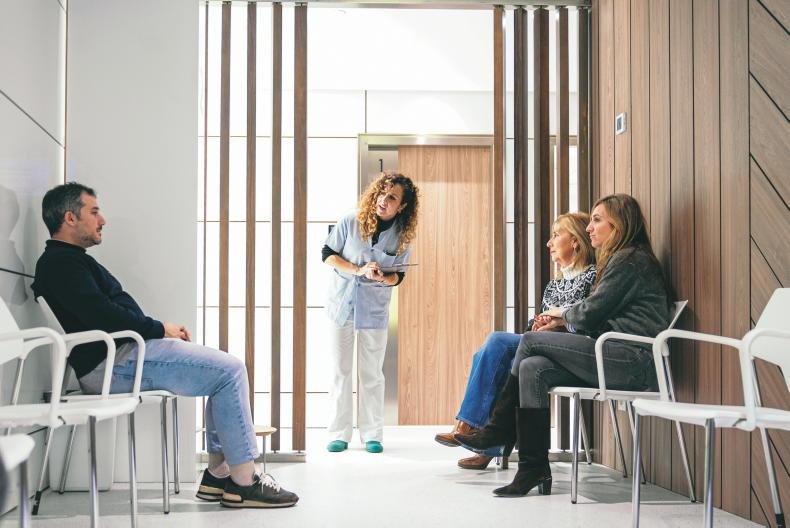
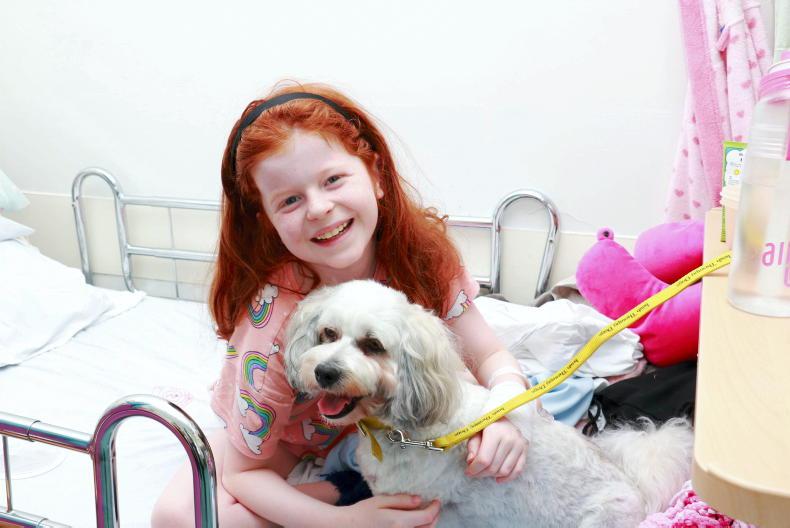
SHARING OPTIONS